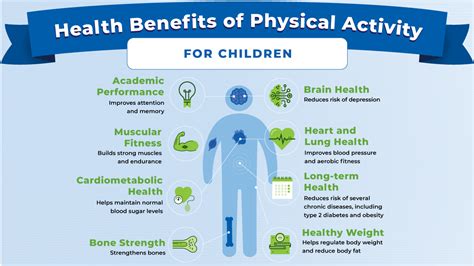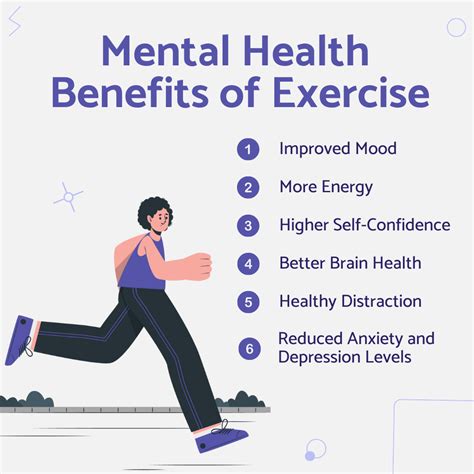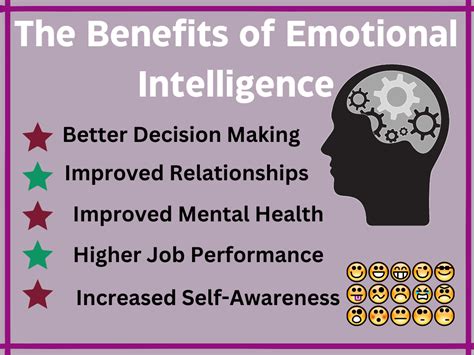Intro
Discover 7 ways walking helps improve physical health, mental wellbeing, and fitness, reducing stress, boosting mood, and increasing energy through regular walking exercises and outdoor activities.
Walking is one of the simplest and most effective forms of exercise that can be incorporated into our daily routine. It is an activity that requires minimal equipment, can be done by people of all ages, and has numerous benefits for our physical and mental health. Despite its simplicity, walking is often overlooked as a form of exercise, with many people opting for more intense and time-consuming activities. However, walking is an excellent way to improve our overall health and wellbeing, and it is an activity that can be enjoyed by everyone.
In today's fast-paced world, it is easy to get caught up in our busy lives and forget to take care of our health. Many of us spend long hours sitting at our desks, staring at screens, and neglecting our physical health. However, incorporating walking into our daily routine can have a significant impact on our health and wellbeing. Walking can help to reduce the risk of chronic diseases, such as heart disease, diabetes, and some types of cancer. It can also help to improve our mental health, reducing stress and anxiety, and boosting our mood.
Walking is an activity that can be tailored to suit everyone's needs and abilities. Whether you are a beginner or an experienced walker, you can start with short walks and gradually increase the distance and intensity as you become more comfortable. You can walk alone, with friends, or with family members, making it a social activity that can help to strengthen relationships and build new ones. Additionally, walking can be done indoors or outdoors, making it an activity that can be enjoyed regardless of the weather.
Physical Health Benefits

How Walking Affects Our Physical Health
Walking affects our physical health in many ways. When we walk, our heart rate increases, and our blood flow improves. This helps to deliver oxygen and nutrients to our cells, which can help to improve our overall health. Walking also helps to strengthen our muscles, particularly in our legs and hips, which can help to improve our balance and coordination. Additionally, walking can help to improve our bone density, which can reduce the risk of osteoporosis and fractures.Mental Health Benefits

How Walking Affects Our Mental Health
Walking affects our mental health in many ways. When we walk, our brain releases endorphins, which can help to reduce stress and anxiety. Walking also helps to improve our mood by releasing serotonin, a neurotransmitter that helps to regulate our mood. Additionally, walking can help to improve our self-esteem by giving us a sense of accomplishment and confidence. Furthermore, walking can help to improve our sleep quality by reducing stress and anxiety and promoting relaxation.Emotional Benefits

How Walking Affects Our Emotional Health
Walking affects our emotional health in many ways. When we walk, we have time to reflect on our thoughts and feelings, which can help to improve our self-awareness. Walking also helps to reduce stress and anxiety, promoting a sense of calm and relaxation. Additionally, walking can help to improve our relationships by giving us time to connect with others and build new relationships. Furthermore, walking can help to increase our sense of connection to nature and our community, promoting a sense of belonging and connection.Social Benefits

How Walking Affects Our Social Health
Walking affects our social health in many ways. When we walk, we have time to connect with others and build relationships. Walking also helps to improve our communication skills by giving us time to talk and connect with others. Additionally, walking can help to increase our sense of community by giving us time to connect with others and build relationships. Furthermore, walking can help to improve our networking skills by giving us time to meet new people and build relationships.Environmental Benefits

How Walking Affects the Environment
Walking affects the environment in many ways. When we walk, we reduce our carbon footprint, which can help to reduce greenhouse gas emissions and mitigate climate change. Walking also helps to improve air quality by reducing the number of cars on the road. Additionally, walking can help to increase our sense of connection to nature and the environment, promoting a sense of responsibility and stewardship. Furthermore, walking can help to improve our mental health, which can help to reduce stress and anxiety and promote relaxation.Economic Benefits

How Walking Affects the Economy
Walking affects the economy in many ways. When we walk, we reduce our healthcare costs, which can help to reduce the economic burden of chronic diseases. Walking also helps to increase our productivity, which can help to improve our economic growth. Additionally, walking can help to promote sustainable transportation, which can help to reduce the number of cars on the road and promote economic growth. Furthermore, walking can help to increase our sense of community, which can help to promote economic growth and improve our quality of life.What are the benefits of walking for physical health?
+Walking has numerous benefits for our physical health, including weight management, improved cardiovascular health, increased strength and flexibility, improved bone density, and reduced risk of chronic diseases.
How does walking affect our mental health?
+Walking affects our mental health in many ways, including reducing stress and anxiety, improving our mood, increasing our self-esteem, and improving our sleep quality.
What are the social benefits of walking?
+Walking has numerous social benefits, including increased social connections, improved communication, increased sense of community, improved networking, and increased sense of belonging.
How does walking affect the environment?
+Walking affects the environment in many ways, including reducing our carbon footprint, improving air quality, increasing our sense of connection to nature, and promoting sustainable transportation.
What are the economic benefits of walking?
+Walking has numerous economic benefits, including reduced healthcare costs, increased productivity, improved economic growth, increased sense of community, and improved quality of life.
In conclusion, walking is an excellent way to improve our overall health and wellbeing. It has numerous benefits for our physical health, mental health, emotional health, social health, environmental health, and economic health. By incorporating walking into our daily routine, we can reduce our risk of chronic diseases, improve our mental health, increase our sense of connection to nature and our community, and promote sustainable transportation. So, next time you're thinking of ways to improve your health and wellbeing, consider lacing up your walking shoes and hitting the pavement. Share your favorite walking spots and tips with us in the comments below, and don't forget to share this article with your friends and family to inspire them to start walking too!
